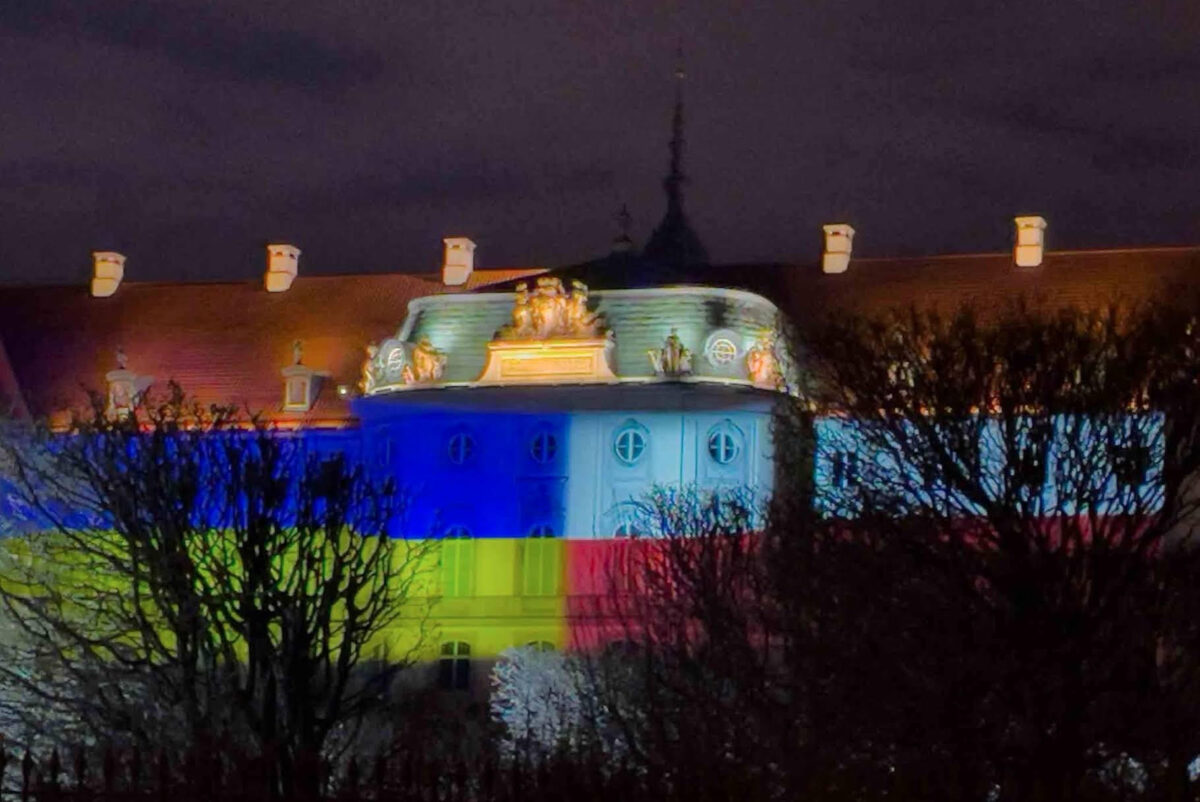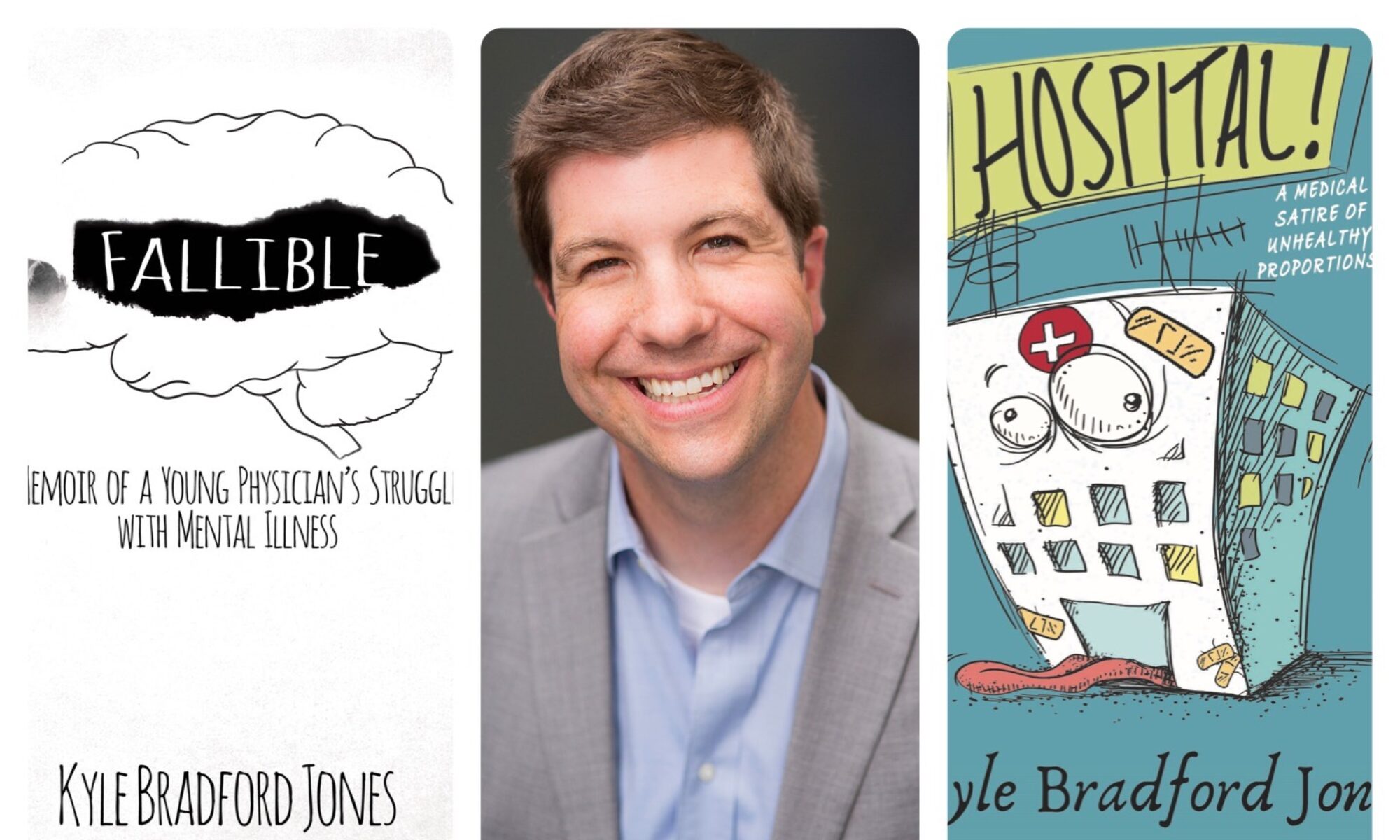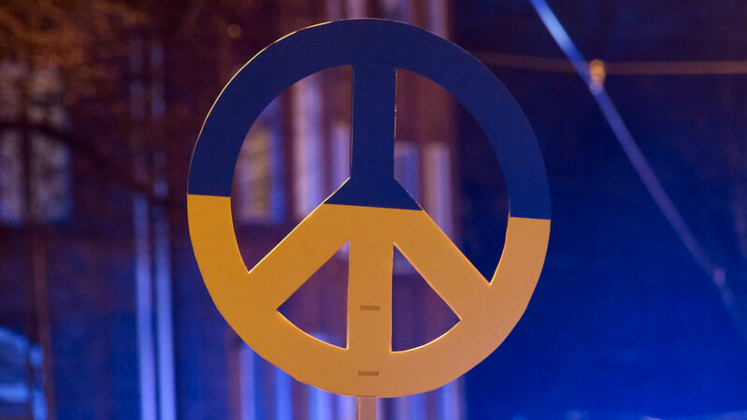This is the fifth installment discussing my experiences working with Ukrainian refugees in Poland. Go here to see the other entries. More pictures of my particular group can be found here, here, here, here, and here.

While people respond to recent short-term trauma differently, there are many commonalities in people’s reactions. The United States, thankfully, is not familiar with such atrocities as Ukraine faces currently. During my brief time in Poland working with Ukrainian refugees, I saw how many people were handling their stress and grief: anger, denial, and always fear.
My second week in Krakow included working in a clothing tent distributing donated clothes. A certain amount of people were allowed in for a short amount of time to control the crowd, and more evenly hand out the clothing. Many mothers with small kids were present, along with elderly grandparents. The mothers often rummaged quickly through the options as they needed to select clothes for all of the kids as well as themselves. One mother, who had two extremely cute kids under five, went through like a whirlwind during her allotted fifteen minutes, trying to get everything that her small family needed. She was obviously stressed with the recent events of her life, and showed a short temper with her children. She found some clothes for each of them, but then returned to the tent about five minutes later as she lost her phone. Given that the clothes were in multiple boxes on crates, there were numerous places where the phone could have ended up, and it would be a long search. Needless to say, no one had seen her phone. She began screaming while repeatedly hitting her head. As she crumpled to the floor crying, she screamed something about being unable to connect with her husband, and then used the word “shot.” I didn’t understand if he had already been shot, leading to her meltdown, or if there was concern that he would be shot and she wouldn’t find out without her one communication lifeline to her home. A volunteer in the tent knelt down with her until we found her phone. She quickly left the tent with her kids, no doubt embarrassed, somewhat relieved to have her phone, but no less worried about what the future held.
During my first week in the clinic in Warsaw, I saw a woman in her forties who had symptoms of a cold. Given the close proximity of everyone in the center, upper respiratory infections were rampant and most people either were recently or currently sick. During the visit, I asked her about all of the healing cuts on her right forearm. It looked to me like cutting with a razor that people often do to feel a physiologic release from their psychologic stress. She looked at her arm and said nonchalantly “Oh, that’s just from shrapnel.” I didn’t realize that I knew the Russian word for shrapnel, but it is the same as in English. “Is there any left?” I asked as I more closely examined her arm. “I don’t think so.” She didn’t seem concerned at all about her arm, now or then. I don’t know if it was because she had already moved on, if it was a comparatively small concern given her other traumas, or whether it was denial that anything had actually occurred.
One of the most profound moments I had in Poland was sitting in the shelter in Warsaw, just observing the people from Ukraine. They came and went from breakfast, waited in line for the washers and dryers, or emerged clean from the showers. I saw a mother sitting with her kids at a picnic table, trying to keep the children’s attention on their food instead of running away to play. An old man sat next to me, staring at nothing in particular for a long while. I didn’t want to disturb his reverie. But what I really saw was a combination of regular people going through the motions of normal, everyday activities, and a group of broken people accepting whatever circumstances they had. Many had looks on their face that spoke of focus on survival, without immediate thought of their unusual circumstances. Others showed many proverbial wrinkles of worry, the weight of war all over their countenance and body language, like clothing they were unable to change.
At one point in Krakow, forty or fifty pleasant Ukrainians waited in line outside of the clothing tent. A small plane flew fairly low and loudly over the area. None of the Polish people even noticed, but every person in line flinched as though it was a war plane portending danger. No matter how each individual or family handled their trauma, even if they could move on for a time, it remained. The flinching doesn’t leave that quickly.


